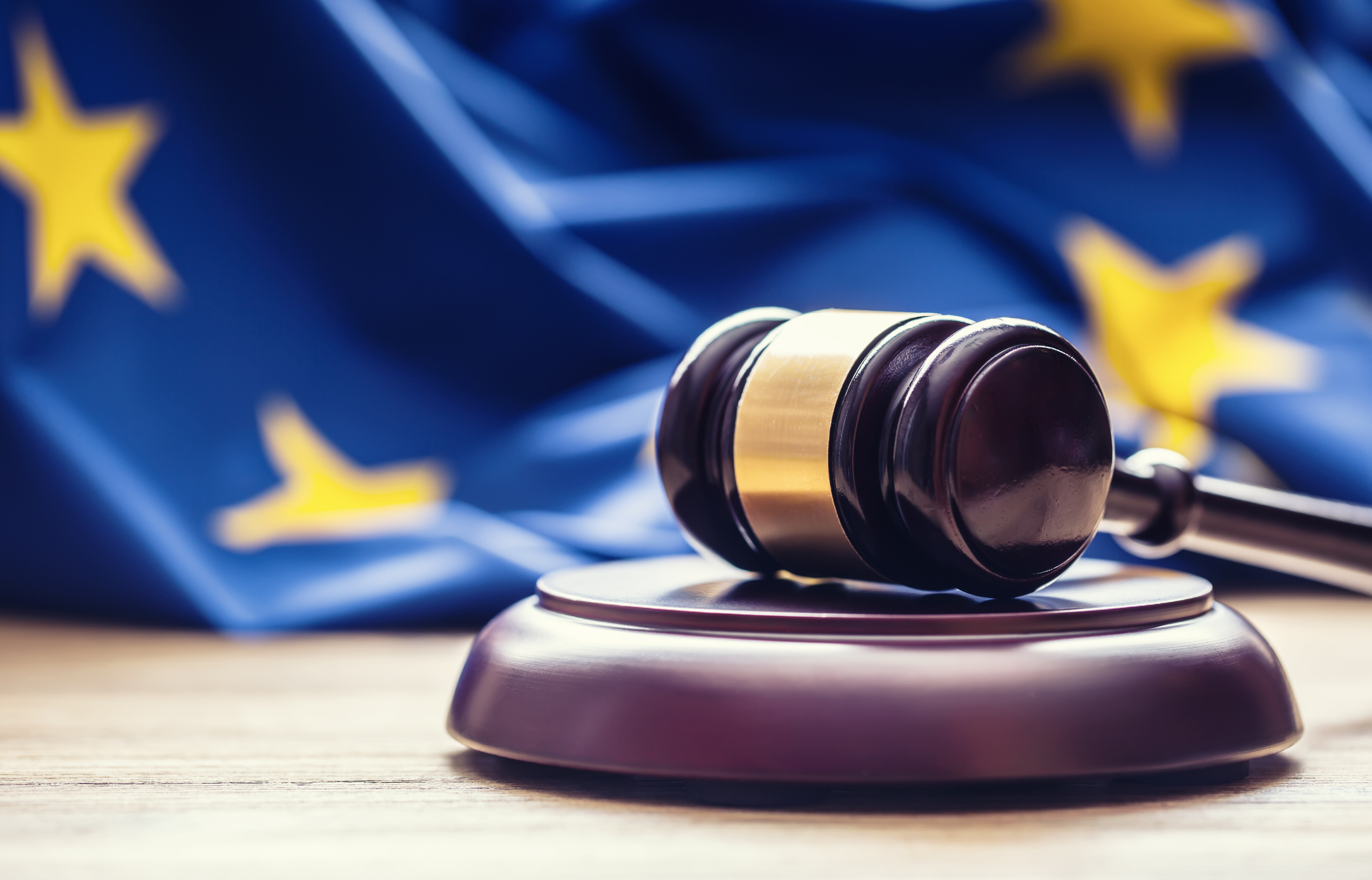Sharing Date16 Mar, 2022

Today, businesses’ enormous impact on society and important roles on the sustainability of the environment cannot be denied. The concept of corporate sustainability due diligence, which is becoming even more critical debate for today’s companies, brings up human rights and environmental responsibilities of businesses to the world’s agenda. In this context, on February 23, 2022, the European Commission (Commission) has adopted a proposal for a Directive on Corporate Sustainability Due Diligence (Directive), which establish new rules for companies to adopt a sustainable and responsible corporate behavior that respects human rights and the environment throughout global value chains.
According to the proposal of Directive; companies will be accountable for human rights violations such as child labor, forced/compulsory labor, modern slavery, and adverse environmental impacts such as loss of biodiversity and pollution, resulting from their activities. With the implementation of this Directive, companies will be required to identify, evaluate, prevent, mitigate and end potential and/or actual adverse human rights and environmental impacts in their own operations, subsidiaries and all value chains.

The proposal will be offered to the EU Parliament and the Council for approval in the next step. When it is approved, the Member States will transpose the Directive into their national laws. Member States will have two years and then they will transmit relevant legal texts to the Commission.
What is the aim of the Directive?
The proposal aims to promote companies to embrace sustainable and responsible corporate approaches across global value chains. The proposal including new rules, which establish due diligence duty for companies to address negative human rights and environmental impacts, brings legal certainty as well as levels the field. In addition, through these rules, companies will provide more transparency about the impacts of their activities to all their stakeholders, especially consumers and investors. These new rules are expected to positively contribute to societies, developing countries as well as companies; such as protection of human rights including labor rights, increase in trust in companies, better access to justice and finance, better risk management, development in innovations and sustainable investments.
To which companies will the new rules be applied?
The proposal covers two different categories, namely EU companies and non-EU companies. In addition, EU companies are classified as Group 1 and Group 2 according to their scale.
The new rules will be applied to the following companies:
EU companies:
Group 1: All EU limited liability companies of substantial size and economic power (with more than 500 employees and EUR 150 million in net turnover worldwide).
Group 2: Other limited liability companies operating in defined high impact sectors, which do not meet both Group 1 thresholds, but have more than 250 employees and a net turnover of EUR 40 million worldwide and more. For these companies, rules will start to apply 2 years later than for Group 1.
*High impact sectors for Group 2 companies are as defined in OECD guidance.
Non-EU companies:
Third country companies active in the EU with turnover threshold aligned with Group 1 and 2, generated in the EU. For non-EU companies, the turnover threshold is asked for EU-wide, not worldwide. It has been stated that these companies must appoint an authorized representative established in one of the EU Member States in which they operate, and the representative’s information should be reported to the supervisory authority in the EU Member State.
SMEs:
Small and medium enterprises (SMEs) are not directly in the scope of this proposal but they will be indirectly related if they are in Group 1 or Group 2 companies’ value chain.
What are the due diligence obligations of companies and their directors?
In addition to integrating due diligence into company policies, identifying, preventing, mitigating and accounting for existing or potential negative human rights and environmental impacts, establishing grievance procedures, monitoring the effectiveness of the measures taken and establishing open communication with the public are the obligations for companies and their directors set out in this proposal of the Directive.
Another important topic covered in the proposal is that the Group 1 companies must have a plan to ensure that their business strategy is in line with the aim of limiting global warming to 1.5 °C as stated in the Paris Agreement.
What are the sanctions?
EU Member States will provide an authority to supervise companies’ compliance with the obligations with one or more national administrative authorities. These national authorities will have the authority to request relevant information from the companies and to conduct investigations in accordance with the rules. In cases where companies do not comply with the obligations, supervisory authorities may impose proportionate, effective and dissuasive sanctions such as fines and compliance orders.
At European level, the Commission will set up a European Network of Supervisory Authorities that will bring representatives together. At the same time, this proposal paves the way for victims to seek compensation for their losses resulting from non-compliance with the obligations.
Background
In March 2021, the European Parliament called on the Commission to submit a legislative proposal on mandatory value chain due diligence. In parallel, in December 2020, the Council called on the Commission to prepare a proposal for an EU legal framework on sustainable corporate governance, containing cross-sector corporate due diligence along global value chains.
In the past years, different due diligence laws and acts have already adopted by some EU Member States. In addition, many companies have already started to take measures on corporate sustainability due diligence on their own initiative. However, there is a need for a large-scale and collective sense of responsibility at the European level beyond the voluntary basis. With these rules, green transformation and the protection of human rights will be advanced in Europe and beyond.
Relevant due diligence laws enforced at the national level are as follows:
- UK Modern Slavery Act, 2015
- France Supply Chain Management Regulation (French Devoir de Vigilance), 2017
- Dutch Child Labor Due Diligence Act, 2019
- Switzerland Human Rights Due Diligence Obligations, 2020
- Germany’s Supply Chain Due Diligence Act, 2021
- Norway’s Transparency Act, 2021
According to these laws, companies are required to take actions for identification, mitigation, prevention and remediation, and to report on all of the activities regularly.
How will the Directive affect Turkish companies?
In developing countries, including Turkey, it is anticipated that these obligations will provide benefits such as better protection of human rights and the environment, accelerating sustainable investments and access to finance, increasing awareness on sustainability, improving living and working conditions, and adopting international standards.
All companies that have commercial relations with EU Member States will be indirectly related to the obligations. Many EU companies already operating in Turkey are expected to reconsider their supply chains when the proposal approved. Companies in Turkey may need to make some changes in their operation and supply processes to conform with these obligations.
You can review the entire Proposal for a Directive on Corporate Sustainability Due Diligence and its annex documents here.

